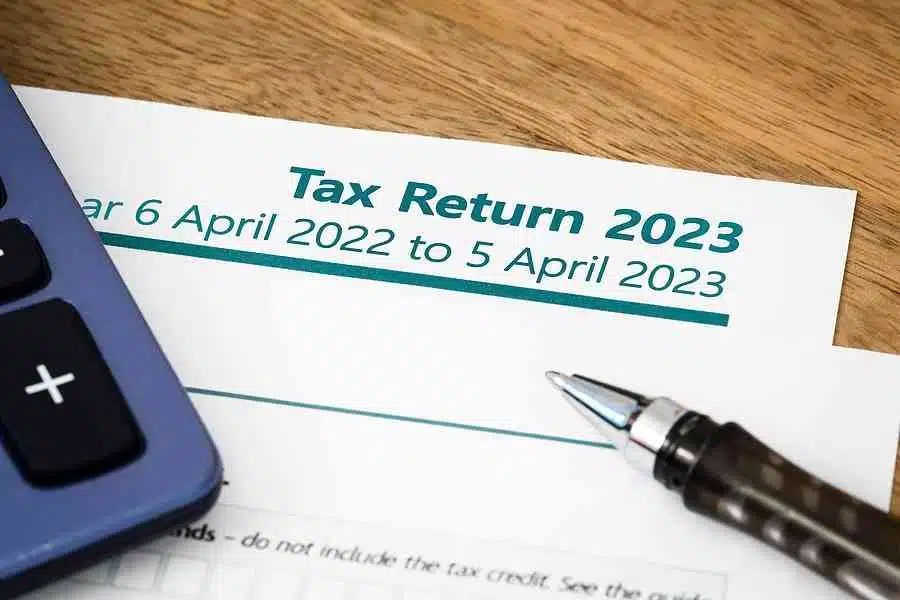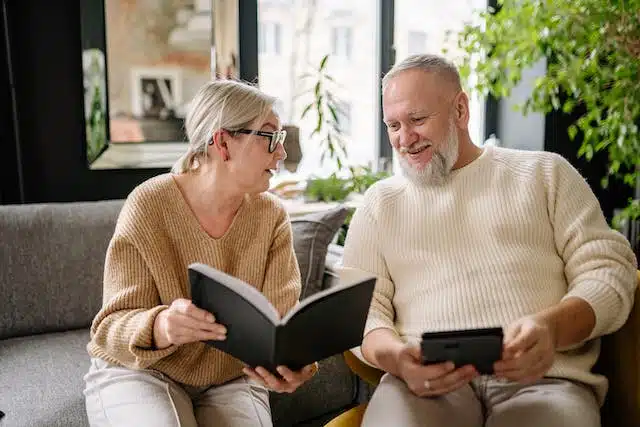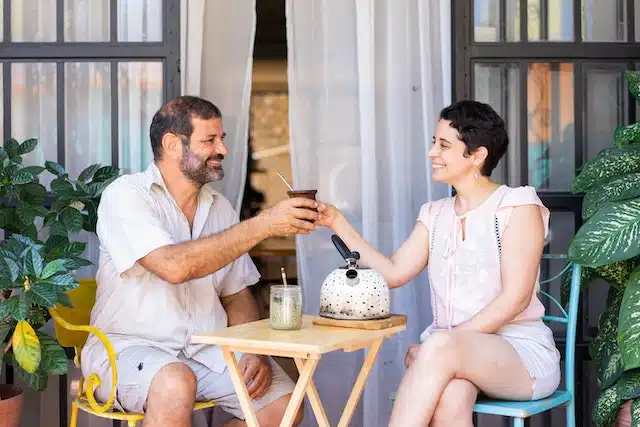What You Need to Know About Taxes During Retirement

For those on the cusp of retirement, or simply planning ahead, it’s worth considering the role played by taxation.
Exactly how much money is the exchequer going to take out of your pocket, and will this loss impact your plans for life after work?
What Is Getting Taxed?
You’ll pay tax on your annual income from your pension, in much the same way that you pay income tax up to your personal allowance.
In the UK, this means that you start paying after £12,570. This includes income from your state and private pensions, as well as any earnings you might be making from a side hustle, or other benefits.
If you have money tied up in investments like property, then your income from those will also tend to qualify.
Taxing on pensions
There are a few things to consider. First, you might be able to optimise your tax affairs if you’re married. It works like this: one half of a couple can transfer 10% of their allowance to the other.
Some retirees might have what’s called a defined benefit pension, which will mean an income for life alongside a tax-free lump sum.
On the other hand, there are defined contribution pensions, which can be drawn out as quickly or as gradually as you like.
The first 25% is tax-free, while the remainder is taxed as income. The more you take out, the more you pay in tax.
If you’re unsure of what you’re really liable for, then it might be a good idea to consult an impartial expert.
It might be that, through the right consultant, you’re able to optimise your affairs, and thereby save significantly in the long term.
Taxing On Savings
You might wonder about the savings you’ve accumulated so much of your working life.
Interest on your savings is taxed over a threshold, currently set at £1,000 (if you’re a basic-rate taxpayer) or £500 (if you’re on the higher band).
For savings earnings, the personal allowance is effectively higher.
On top of the allowance itself, you’ll get an extra £5,000 of tax-free savings. This is on top of any additional allowances you might be receiving tax-free.
There are certain savings accounts, like cash ISAs, which pay out tax-free by their very nature.
On the other hand, if you’re cashing in on certain investments, like stocks, property, or Bitcoin, then you’ll need to pay Capital Gains Tax.
If you’re on a low income, and you’re having trouble understanding your tax obligations, then you might get in touch with a charity like TaxAid – or with HMRC directly.
Do this as early as possible to give yourself peace of mind!
What to do if you have multiple sources of income
Nowadays it’s not uncommon for people in retirement age to be still working part-time.
The first thing to do is to make sure that HMRC is notified, so that you are paying the right amount of tax and save yourself from potential legal trouble.
The personal allowance will be assigned to your pension or job – the one with the higher amount.
In the scenario of you having a second income, it will normally be taxed against a different band corresponding to the type of income.
You can find more information about tax bands on the site of GOV.UK
Once your tax amount is calculated, you will receive a different PAYE code (usually assigned a letter to it) which will indicate how much more tax you will need to pay.
If your additional income for the current tax year is less than £12,570, then you might want to ask the HMRC to spread your personal allowance between your different sources of income, so that you are not overtaxed.
If you are paying too much tax, you can always claim it back at the end of the tax year period.
Should you wish to continue working after retirement (be it full-time or self-employed) you may have to fill in Self-Assessment tax return, especially if your income is more than £100,000.
This includes money from pensions. You are also required to pay tax on other sources of income, such as investments and/or property.





